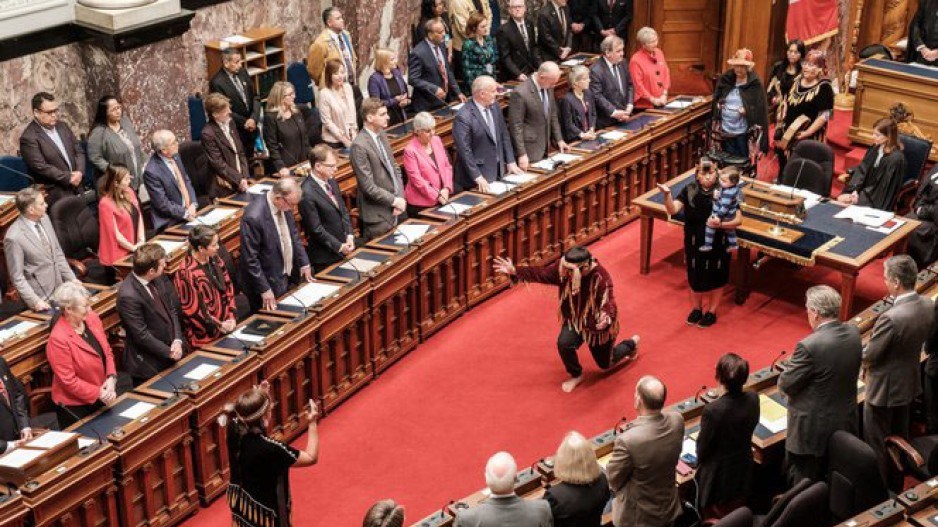The B.C. government is planning some major changes to way land use decisions are made, and resource companies in particular may want to pay attention to the proposed changes, warn lawyers for the law firm McMillan.
In a brief published Friday, the law firm alerts B.C. businesses to the fact the B.C. government is undertaking Land Actamendments as part of its efforts to bring all B.C. laws and statutes in line with the Declaration on the Rights of Indigenous Peoples (DRIPA).
The proposed changes to the Land Act could have wide-ranging implications for resources companies – from loggers and miners to farmers and oil and gas companies. The B.C. government is now accepting public input on the proposed changes.
McMillan says the subject of the consultation process is “unprecedented and of profound importance to any company that requires authorization to use Crown land in BC. These include things like grazing leases, mining leases, licenses of occupation, dock permits, rights of way etc.”
As part of its engagement process, the provincial government will take written submissions on the proposed changes until March 31, and the enabling legislation is expected to be introduced in April or May.
The Land Act is but one of the many provincial statutes that will need to be amended to conform to DRIPA.
“DRIPA provides flexibility for the province to enter into agreements with Indigenous governments to share decision-making on the use of public land together,” the government notes. “However, amendments to pre-existing legislation (like the Land Act) are required to make this happen.”
A government presentation says Land Act amendments will allow for agreements indigenous governing bodies (IGBs) "to share decision-making about public land use, where mandated."
McMillan notes that the Land Act “allows for access and use of public land for 25 separate programs from communication towers to agriculture to waterpower projects.”
“Up until now, these decisions have always been made by the minister responsible for the Land Act (or her or his delegates in the senior ranks of the public service), with a corresponding duty to consult affected First Nations.
“Under the amendments being proposed by the B.C. government, changes will be made to enable agreements with Indigenous groups such that they will be provided a veto power over decision-making about Crown land tenures and / or have ‘joint’ decision making power with the Minister.
“Where such agreements apply, the Crown alone will no longer have the power to make the decisions about Crown land that it considers to be in the public interest.”
It may be hard for companies to determine to what extent their industries might be affected by the changes, as a government backgrounder on the extent of the changes is fairly broad and lacking detail.
“The Powerpoint posted as the basis for the virtual consultation is extremely brief and there are no details of what is being proposed,” McMillan writes in its brief.
For example, McMillan asks whether the new powers will apply to renewals or extensions of tenures that weren't originally approved by First Nations, or only new tenure approvals.
The brief also asks whether a First Nation making land use decisions will be authorized to require financial benefits, such as an impact benefits agreement.
"The proposed amendments, though vague at this point, will clearly affect how business may be conducted in the province," McMillan writes. "Companies and industry associations that rely on Land Act tenures may wish to review these materials and consider making submissions in a timely manner."



